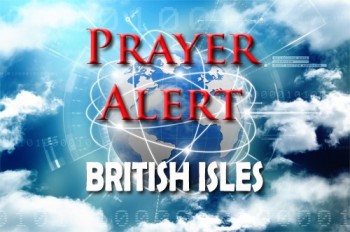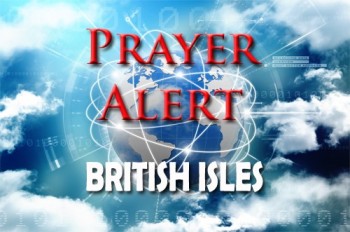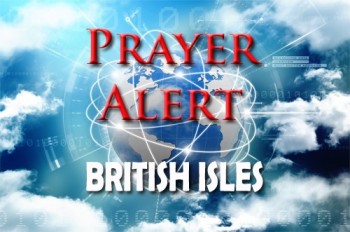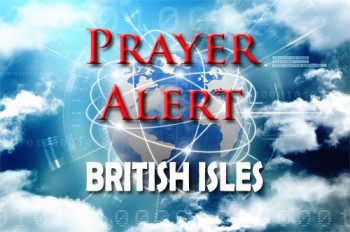Displaying items by tag: faith groups
Child sexual abuse in most UK religions
An Independent Inquiry found child sexual abuse in most UK religious organisations. Some had no child protection policies in place at all though many had strong safeguarding policies. They examined evidence from 38 religious organisations in England and Wales about ‘known’ prevalence of child sexual abuse. Numbers are unlikely to reflect the full picture. There was blatant hypocrisy and moral failing of religions claiming to teach right from wrong and yet failing to prevent or respond to child sexual abuse. Organisational and cultural barriers to reporting child sexual abuse are numerous, varied and difficult to overcome. These include victim-blaming, an absence of discussion around sex and sexuality, and discouraging external reporting, thus prioritising the organisation’s reputation above the needs of victims of sexual abuse. 250,000 children receive ‘supplementary schooling’ from a faith organisation.
Faith groups’ role in social cohesion undervalued
Faith and non-religious belief groups’ positive contribution to social cohesion deserves greater recognition and should have more influence on cohesion policy in the United Kingdom, according to a report commissioned by the British Academy and the Faith and Belief Forum. The report draws on practical case studies from across the UK, including an interfaith programme by the West London Synagogue to promote positive Jewish-Muslim relations locally, a mosque that teaches English to speakers of other languages, a Catholic homelessness charity, and a Christian initiative to tackle knife crime. Faith is too often thought of as concerning ‘others’ and subtly racialised as the preserve of ethnic minorities in a secular society. Although faith and belief can be a source of division, many faith groups play a key role in uniting groups, and their contributions need to be valued and recognised.
Faith and Police Together
Policing covers a vast range of issues. Often non-crime-related issues take up a considerable amount of time and resources where local needs are many and varied. Faith communities can help the police in numerous ways by engaging with and providing support to some of the most vulnerable within our communities. Within the National Policing Vision and Mission, faith communities can support them with their non-statutory requirements. The #FaithAndPoliceTogether vision is to see the police services in England and Wales work in partnership with faith groups to build safer communities and reduce demand. This will have an important role to play in bringing about community cohesion and transformation, The policing vision for 2025 stresses that the links between communities and police form the bedrock of British policing. These include parenting courses, youth services, addiction recovery services, supported housing, and much more.
Media, faith, and belonging
A recent report has looked at different aspects of belief and belonging in London. It finds that inaccurate, sensationalised and simplistic coverage by the media reinforces negative stereotypes of religious groups, increasing the potential for suspicion, fear and communal violence. The report recommends that journalists and editors improve their religious literacy and engagement with local faith groups to understand how religion works in practice. It calls on newsrooms to provide better access to religious and ethnic minority journalists, and more spaces for local faith and belief groups to represent themselves. It also urges organisations to train more local faith/belief groups, and individuals to share their own stories. Government regulators need to improve directives and enforcement for media companies who regularly print false stories. Pray for those in the media to work with integrity and grace, and for God to use them to celebrate His Church.



